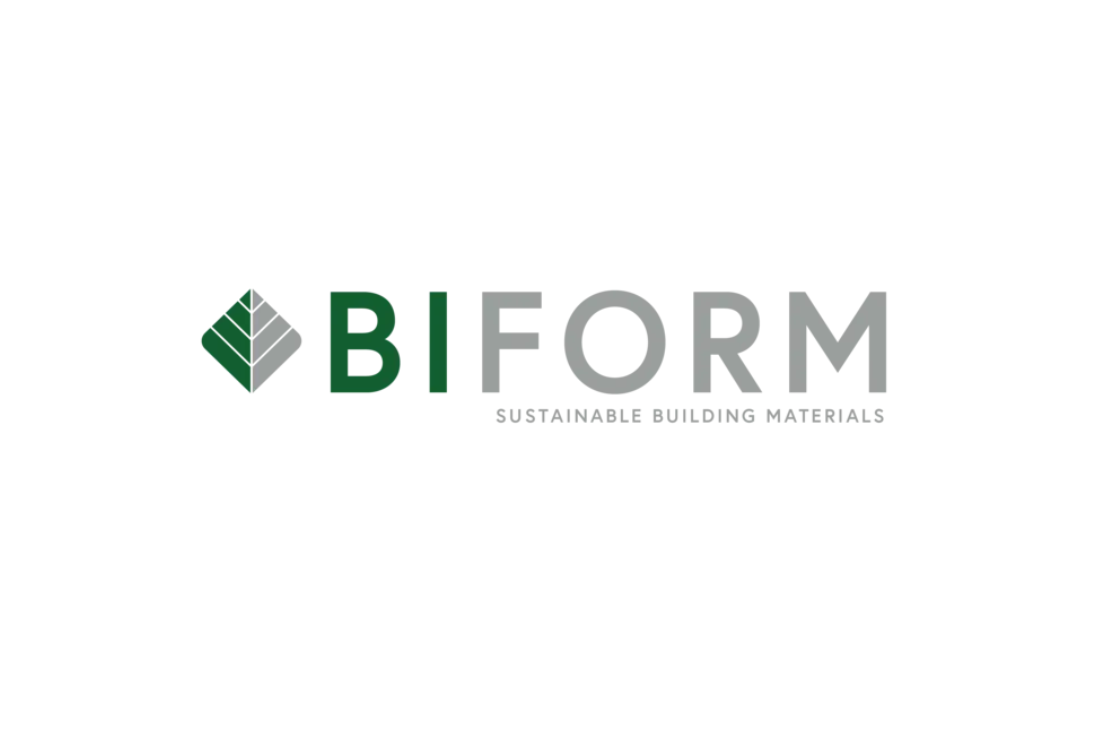Franchising has become a popular business model in New Zealand, offering entrepreneurs the opportunity to expand their brands while giving franchisees the chance to operate with the backing of an established system. From hospitality to retail and professional services, franchising provides a proven pathway for growth in a market that values trust, consistency, and innovation. However, the process of developing a franchise requires more than simply replicating a successful business. It demands careful planning, adherence to New Zealand’s legal and regulatory framework, and a strong commitment to long-term support. This guide outlines the key stages in the franchise development process to help business owners build sustainable and scalable franchise networks.
Laying the Foundation
The first stage of franchise development in New Zealand is assessing whether the business is ready to be franchised. Not every successful business model can transition effectively into a franchise. Owners need to evaluate whether their concept is distinctive, profitable, and replicable across different locations. It is also important to test if the business can operate successfully without the constant presence of the founder. Establishing clear systems, processes, and brand identity at this early stage is crucial for setting a foundation that franchisees can easily adopt.
Structuring the Franchise Model
Once the business has been deemed suitable for franchising, the next step is designing the franchise model. This involves defining the structure of franchise fees, royalties, and territorial rights. In New Zealand, the franchisor must ensure the model is financially viable for both parties while remaining competitive in the local market. Decisions about marketing funds, supply chains, and ongoing training should also be included at this stage. Many franchisors work with experienced franchise consultants or legal advisors to ensure the structure is fair and attractive to potential franchisees.
Legal Compliance and Documentation
Franchising in New Zealand is governed by contract law rather than a specific franchise act, but there are strict expectations of transparency, fairness, and disclosure. The Quality Franchise Association (QFA) provides a Code of Practice and a Code of Ethics that members must adhere to, ensuring ethical conduct. Preparing a comprehensive Franchise Disclosure Document and Franchise Agreement is essential to protect both the franchisor and franchisee. These documents should clearly outline obligations, rights, dispute resolution processes, and termination conditions. Legal advice at this stage is indispensable to avoid future disputes and maintain compliance with industry standards.
Recruitment and Training of Franchisees
With the legal framework in place, the focus shifts to attracting and selecting franchise partners. Successful recruitment is not just about finding people with capital but identifying individuals who align with the brand’s culture and values. In New Zealand’s tight-knit business community, reputation and trust play a critical role. Once selected, franchisees must be thoroughly trained in every aspect of the business, from operations and customer service to compliance and financial management. A strong training programme ensures consistency across the network and builds confidence among franchisees.
Supporting and Growing the Network
Ongoing support is a cornerstone of successful franchising. Franchisors must provide continuous assistance in marketing, operational updates, and staff training. This support reinforces the value of the franchise model and helps franchisees overcome challenges. In New Zealand, where customer expectations are high and competition is strong, maintaining brand standards across all outlets is vital. As the network grows, franchisors may consider developing regional structures, introducing innovation, and expanding into new markets, always keeping franchisee success at the forefront.
Conclusion
The franchise development process in New Zealand requires a structured and strategic approach. From assessing business readiness to building a compliant legal framework, recruiting the right franchise partners, and delivering consistent support, each stage contributes to long-term sustainability. By committing to transparency, fairness, and operational excellence, businesses can create thriving franchise networks that benefit both franchisors and franchisees. For entrepreneurs ready to expand, franchising offers an exciting path to growth and brand recognition across New Zealand’s dynamic marketplace.









